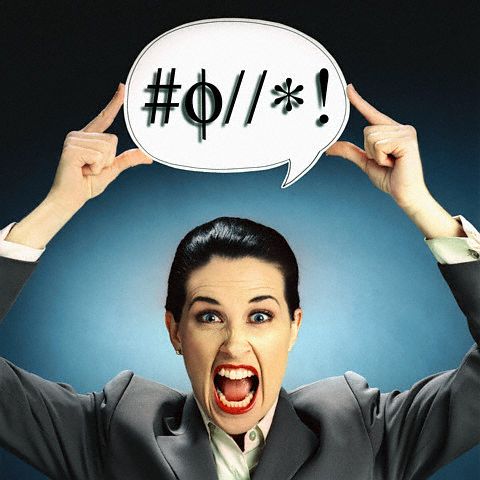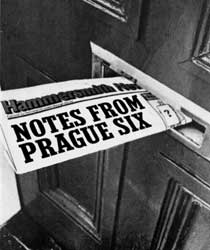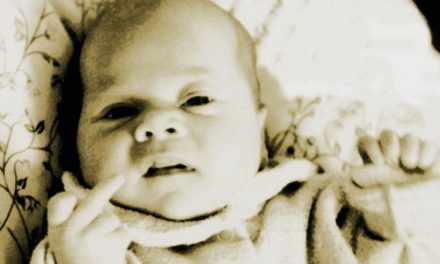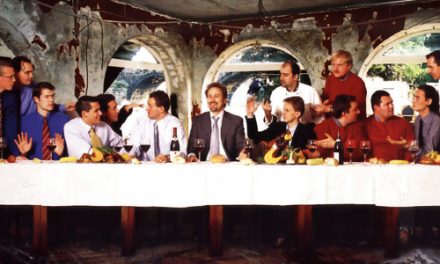No, this isn’t a split personality or a peculiar form of therapy, but rather the daily routine of the people who translate contemporary films, especially independent Anglo-American ones. The protagonists not only use the generational slang, Czech versions of which the translators can find in the discos, but also expressions like “f*ck” and “f*cking” in just about every sentence.
The days are over when the strongest word in a film was “damn” and tougher words were bleeped out or covered up with another sound. The agency Entertainment Research Group, which tracks the use of obscene expressions in films, has been busy.
For example, in the film Jungle Fever, directed by Spike Lee, there were 292 swear words! A similar record was set in the early ’90s by Good Fellas, in which director Martin Scorcese forced his characters to say the word “f*ck” a total of 246 times – on average this means that they are “f*ck”ing every 28 seconds, not even counting the other 41 no-no words.
Despite this, however, Goodfellas earned the annual prize of the British Film Academy and stellar reviews. There’s always something to learn. Today, according to the translators, the stream of vulgarities is flowingmainly from the work of the independent scene whose actors are using mostly slang. Thus it hasn’t been easy to translate the street gangs, drug-addicted youth, rappers, boxers, and army ruffians.
“American indie films even have unschooled actors speaking their authentic lingo, which wouldn’t even be understood by their own countrymen, like an educated citizen from Boston,” says Jana Frackova.
She can handle accents from Oxford all the way to Texas, but generational vulgarities she has to keep learning. For a long time she thought that she wasn’t particularly prissy, but while translating films she was amazed to learn that her Czech was very limited in the area of obscenities.
“So I look for advice from my kids and they’re amazed at how much I just don’t know yet,” Frackova laughs.
The nineties further strengthened the trend. Quentin Tarantino and his adherents, the British drug wave, and American teenager comedies hit the scene, and then the schoolkids from South Park blew everybody away.
The “f*cking” vocabulary slowly became the norm and even a healthy sign – suffice to think back on the translation of the film Snatch(translated into Czech as Podfu(c)k) or the subtitles for the film South Park – Bigger, Longer & Uncut, (translated as South Park: Hell on Earth“), both signed by “Uncle f*cka”, that is the translator and publicist Frantisek Fuka.
“I had no idea that it was possible to film something so unbelievably vulgar and politically incorrect – and yet so full of intelligent humor,” said f*cka, oops, I mean Fuka, about South Park, whose success wasn’t even dampened by the (quite ironic) protests of parents.
For today’s youth, “f*ck you” probably sounds just about as normal as “b*stard” did for their parents or “Jesus” for their grandparents. And the expression “Fakuj to” (Czech version of “f*ck it”) has been taken in among groups just as “vole vole” (the ubiquitous “man… man” or “dude… dude” in Czech) once was. Is there still vulgarity in that? “That’s a question for sociologists,” answers Fuka. “By itself “f*ck” just can’t be translated. It depends on the situation, who, and in what tone it is used. But I don’t soften anything.
Fortunately I don’t even remember the times when we had to do that and I was only a little nervous about what I was saying to people during the first year or so,” he adds with a smile.
from MF Dnes, Translated with commentary by Stewart Ross





